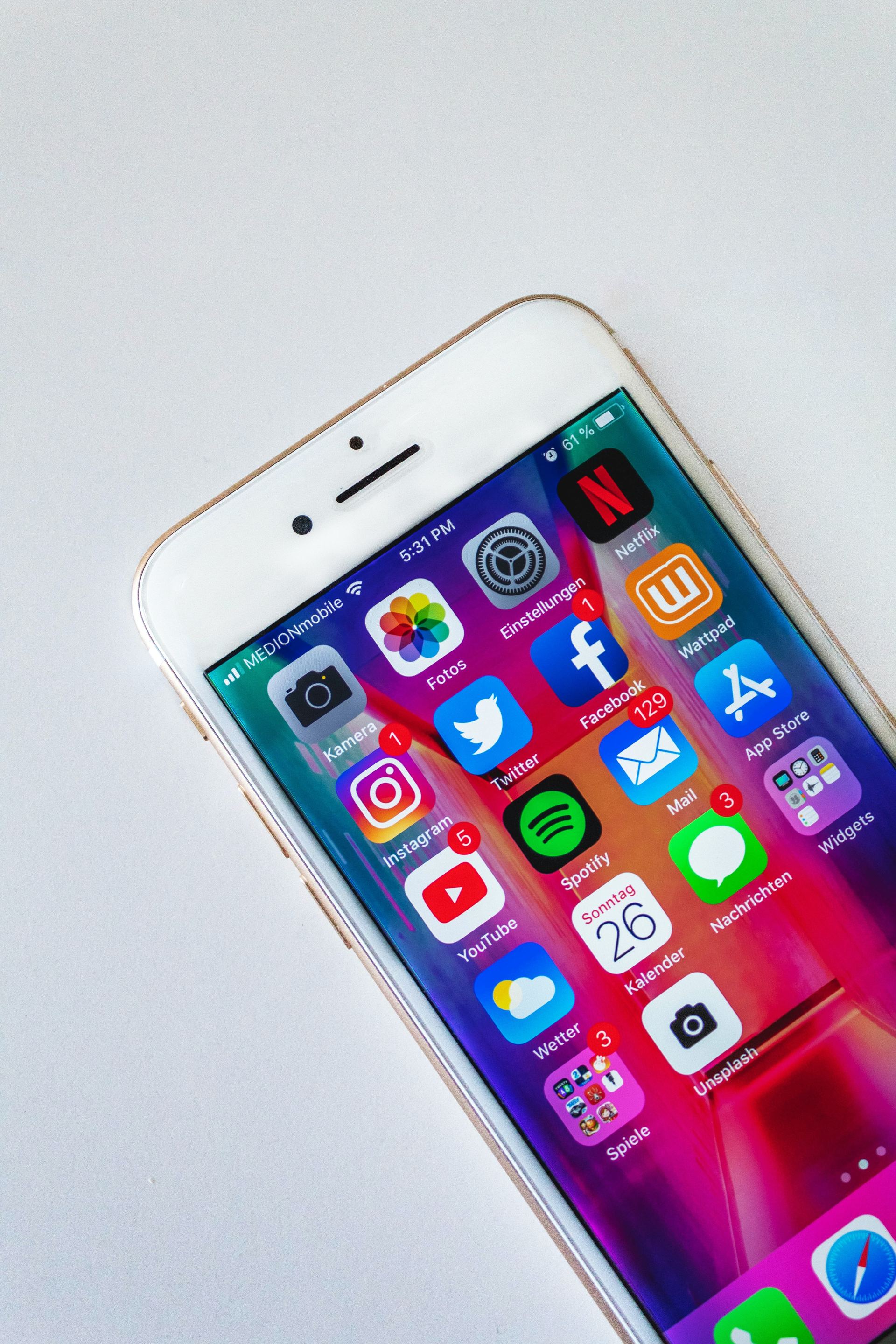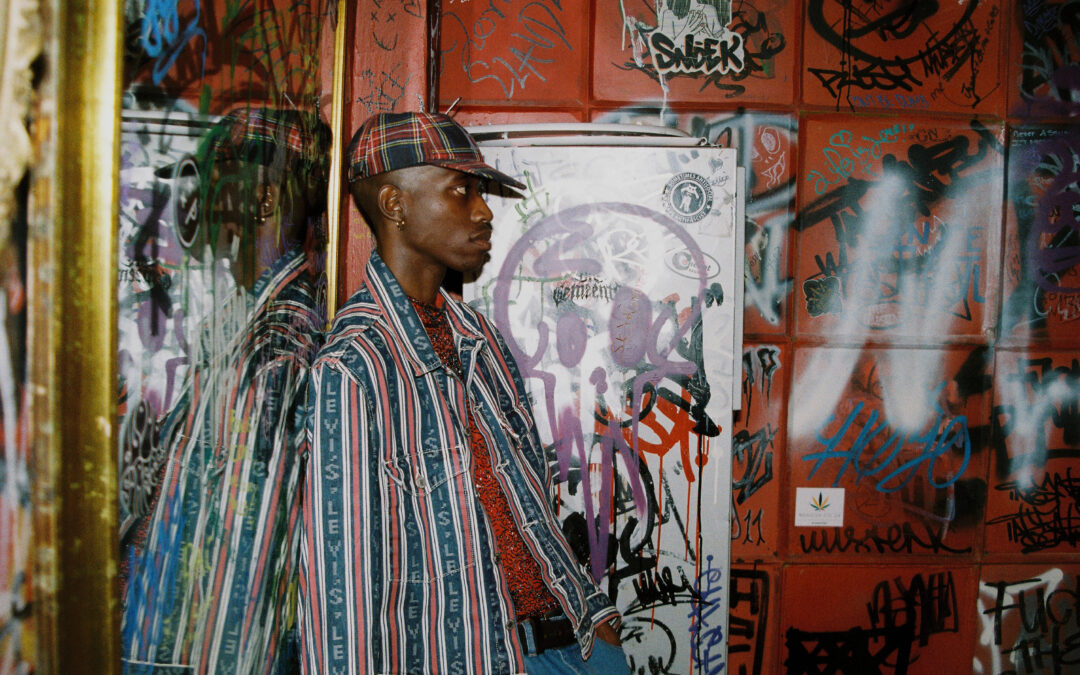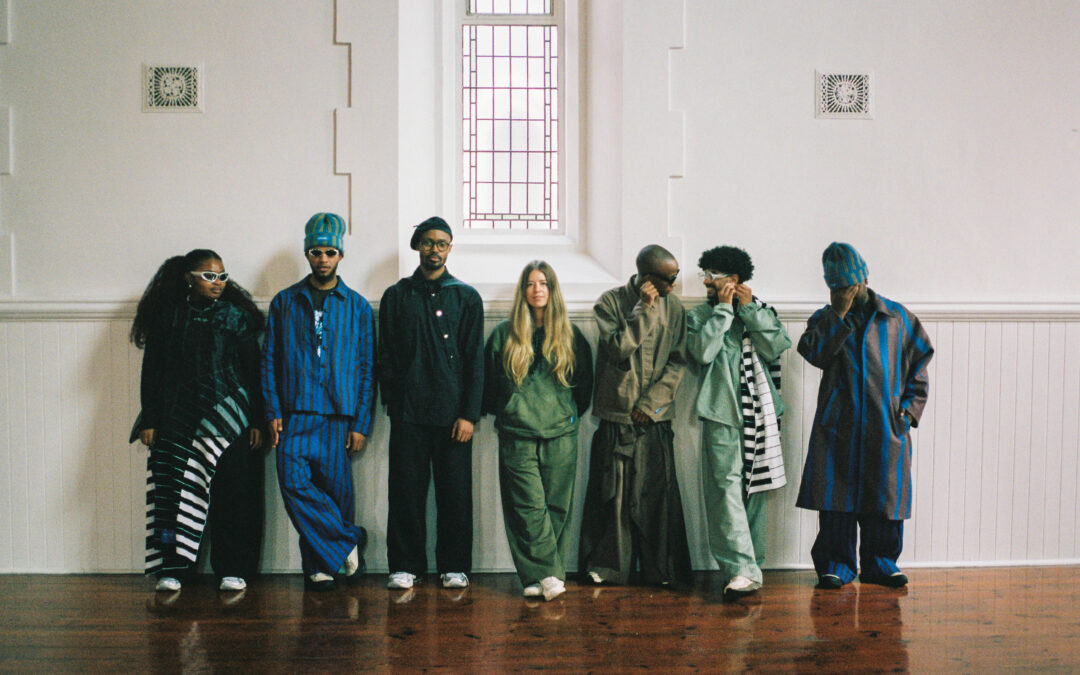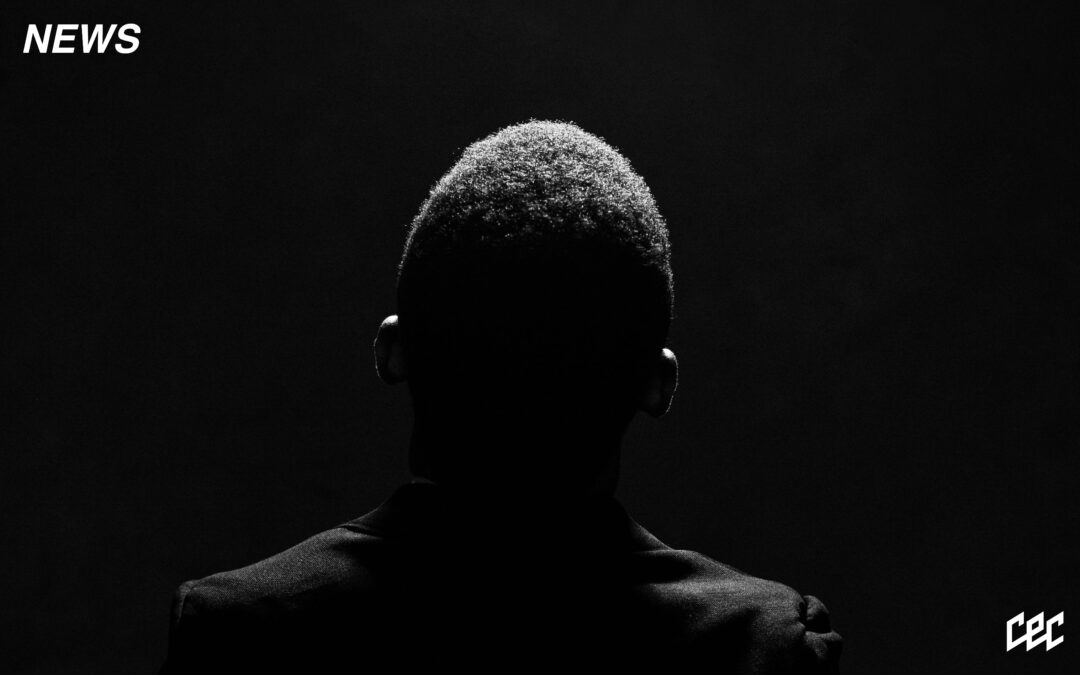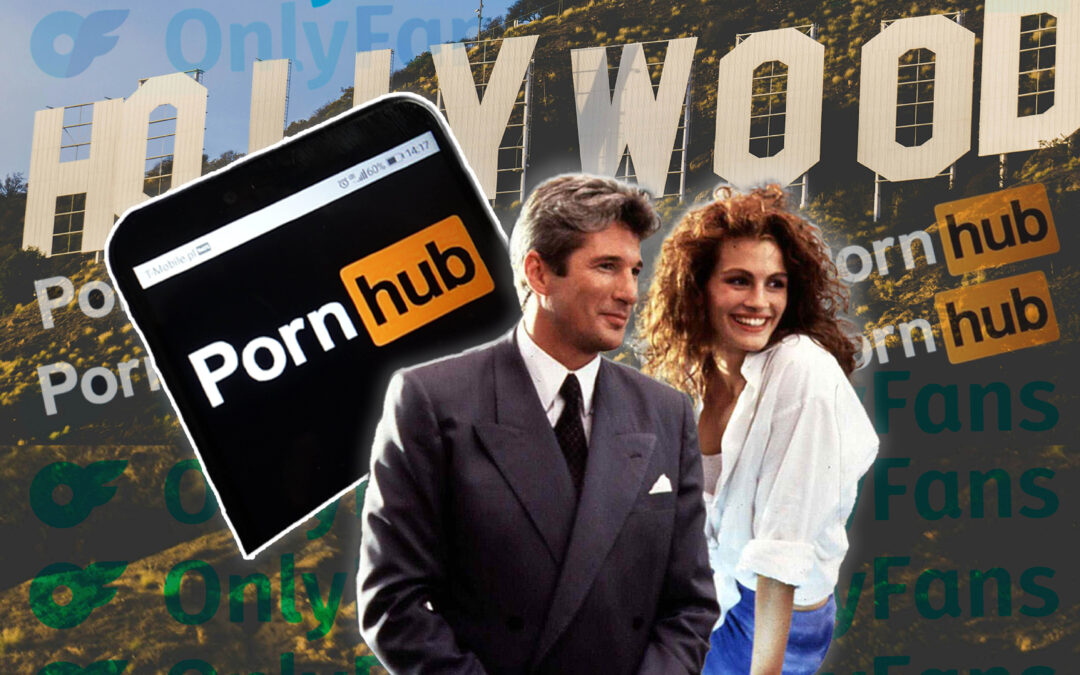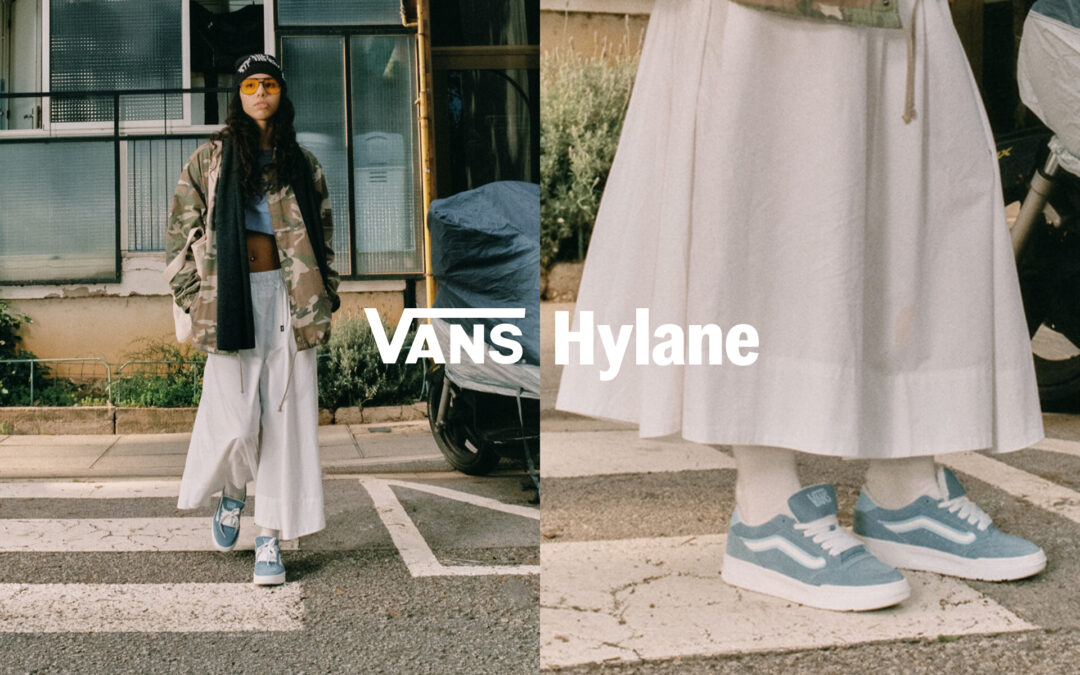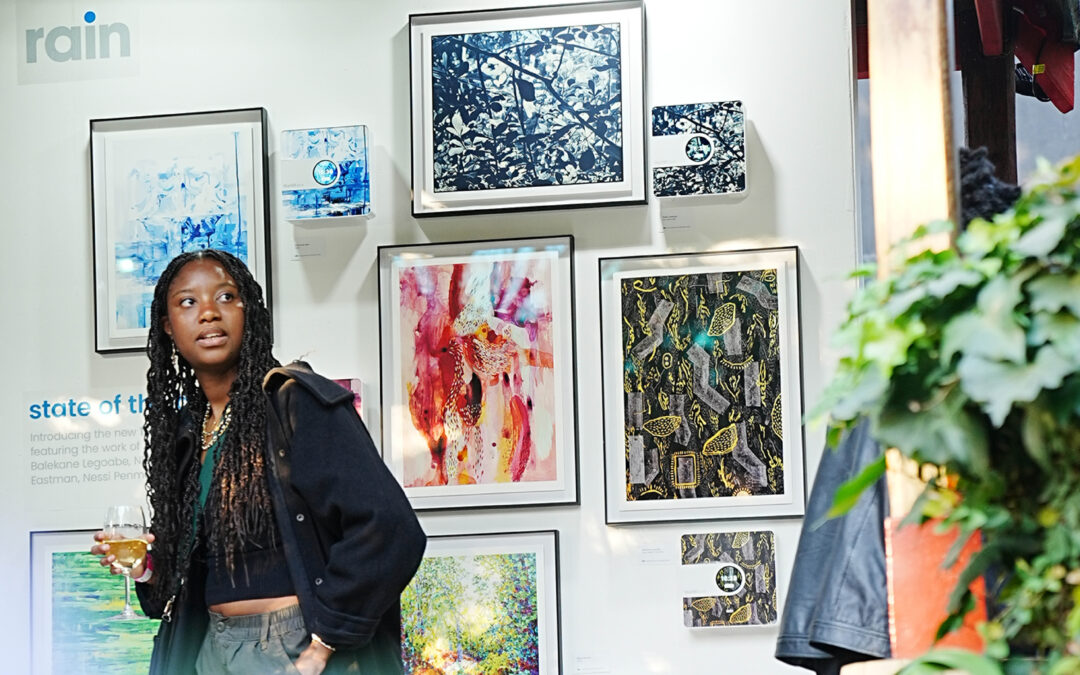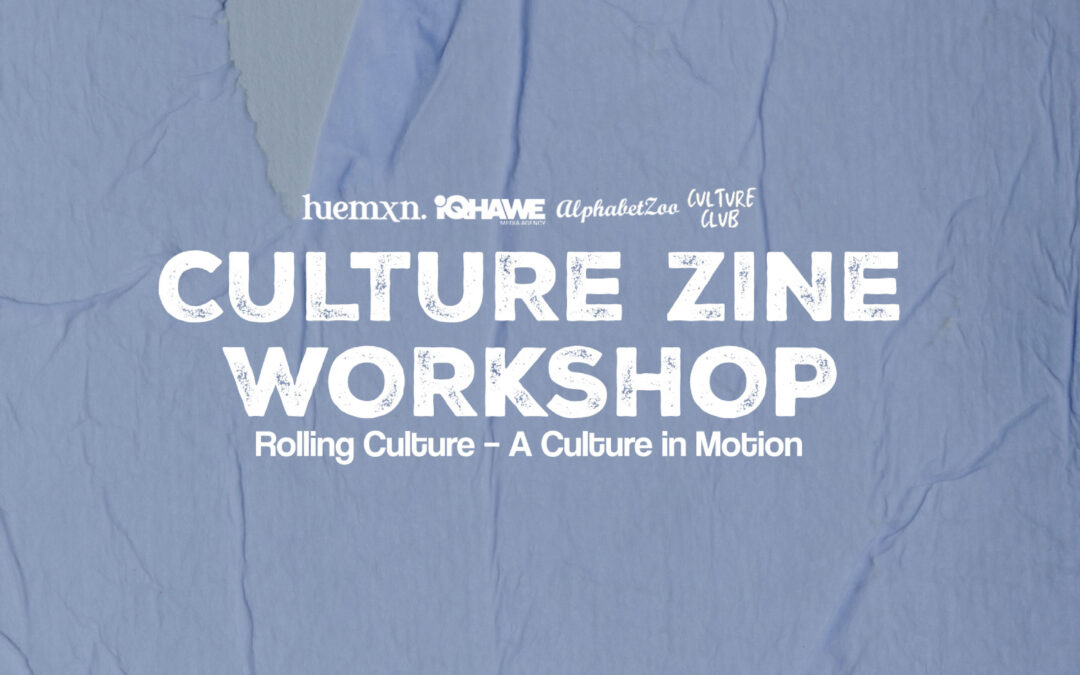There are different timelines proposed to defined generations – as someone born in 1995, I am squarely a ‘cusp’ generation between millennials and gen-Z. Beresford Research Group propose the following timeline:
Gen Z: 1997 – 2012
Millennials: 1981 – 1996
Gen X : 1965 – 1980
Baby Boomers II: 1955 – 1964
Baby Boomers I: 1946 – 1954
With the advent of the internet, never before has so much cross-generational dialogue been archived or experienced. Our lives are interconnected and inextricably linked with our capacity to engage with people across generations, countries, industries and interests.
As brilliantly penned by Aja Romano for Vox in their piece titled ‘ “OK boomer” isn’t just about the past. It’s about our apocalyptic future.’, they write “for a long time now, the cross-generational dialogue between baby boomers and millennials has been built atop several recurring themes. Boomers — the generation born roughly between 1946 and 1965 — scoff that millennials expect “participation trophies” for doing the bare minimum. Millennials say boomers are “out of touch.” Millennials (born roughly between 1980 and 1996) are “killing” once-stable industries like cereal by saving money, spending less, and “eating avocados.” Boomers have “mortgaged the future” in exchange for hoarding wealth while also voting to end necessary social programs. Millennials would rather complain about student debt than buckle down, work hard, and “get a job.”
Generational gaps remind us of the vast differences in the way groups of people perceive the world; such gaps in age and perspective that span time and context lead to phrases like ‘Ok, boomer’, a meme generated by Gen-Z’s as a cutting criticism of the attitudes of Baby Boomers.
Our world is complicated and I like to think that each generation does the best they can with what they know. No single person can be faulted for the cost-of-living crisis we face, or the widening equality gaps – that’s a story for another day – and generational tensions arise to advance the cultural norms of our world. Without the vivid determination of Gen-Z’s to refuse a world built on individualism, profit and climate disaster, we might be even more paralysed as a species to act in the best interest of the planet or each other.
So, I propose a way to understand the four defining generations of the past century;
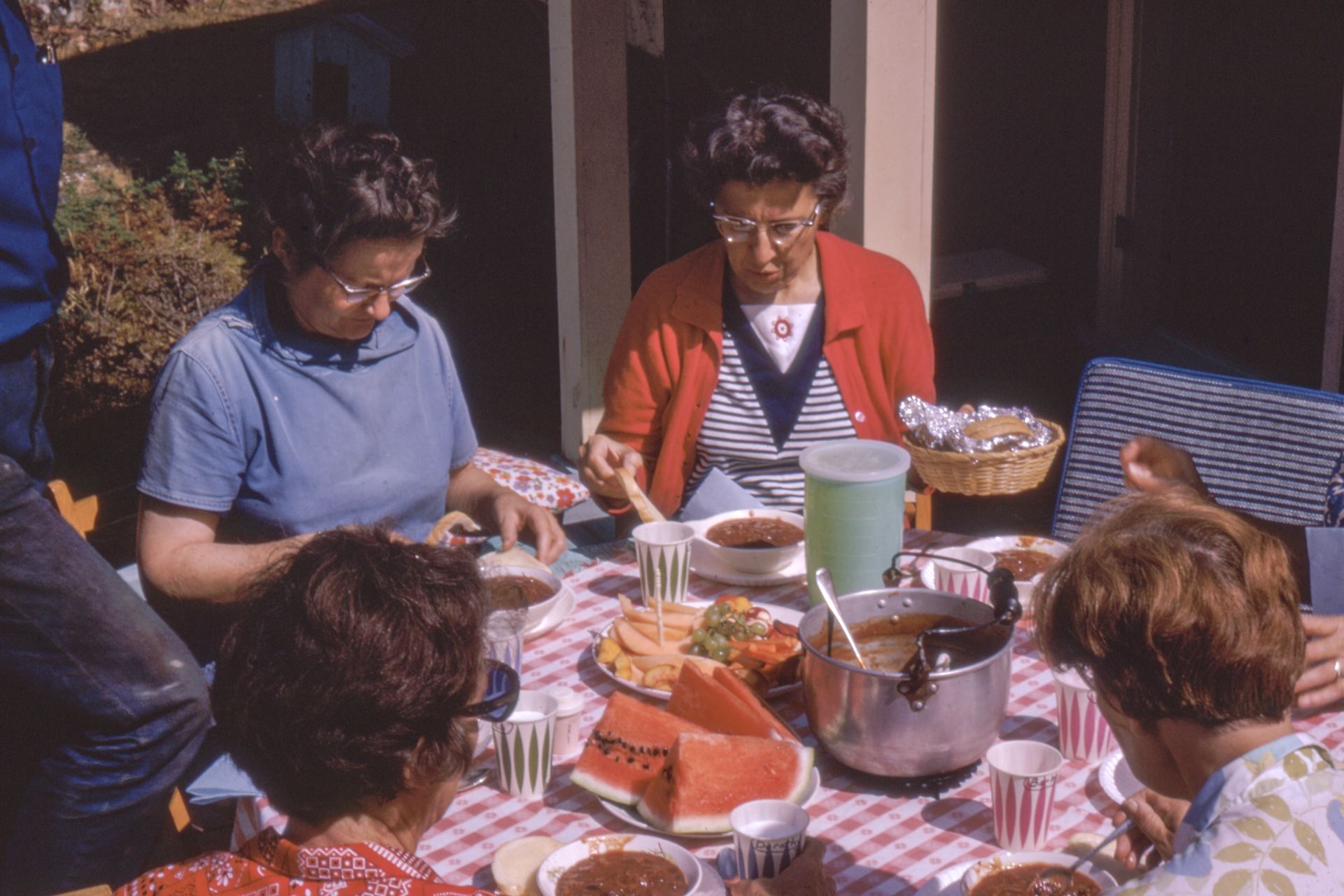
Baby Boomers are our elders. From our youthful lens, they appear to firmly be ‘the old guard’ – stagnant in their thinking, attached to ‘moral’ or cultural ideals that we are itching to discard and a classical attitude towards the younger generations of slight contempt and disapproval. They are the first generation raised in the post-World War II era and the first generation across the world to witness colonial empires fall. As commerce and trade became more globalised through technological means, most Boomers experienced unprecedented prosperity which significantly shaped their worldview.
While we may blame them for the current economic and ecological crises that we currently face (mostly we aren’t wrong to do so, either) we do owe Boomers for the countercultural revolution of the 1960s and 1970s that saw Baby Boomers rejecting traditional norms and embracing new ideologies. In the US, they were the forces behind the Civil Rights Movement and in South Africa, Boomers were on the frontlines of the struggle. Many championed free love, anti-establishment sentiments, and a profound shift in artistic and musical expression, giving birth to iconic cultural movements like the hippie movement and Woodstock festival. Baby Boomers redefined family structures as the first to navigate changing gender roles, leading to increased workforce participation of women. They were also pioneers of dual-income households and influenced how families balanced work and home life. Without their spirit, we might not have the ramped up idealism of Gen-Z’s shaping the world today.


Girl with Red Hat, Unsplash
Generation X, born between the mid-1960s and early 1980s, are the children of Boomers. Bridging the gap between the analog and digital eras, Gen X grew up during a time of technological transition, experiencing both pre-digital and digital advancements. My mama is a Gen X and she quite literally went from vinyl to where we are today over the course of a lifetime, but with more aptitude for learning than, say, her parents. Notably, technological advancements are so accelerated today that technology seems to be the strongest link between generations.
Gen X witnessed the rise of personal computers, cassette tapes and later, the advent of the internet. This unique vantage point allowed them to navigate the analog and digital worlds, contributing to their adaptability in embracing new technologies. Sceptical of traditional institutions and authority, Gen X became known for their independent mindset, looking at the free-love sentiments of their elders and bore further change. Growing up amidst the turbulence of the 1970s and early 1980s, marked by economic uncertainty and geopolitical conflicts, Gen Z developed a sense of self-reliance and resilience – with their push-back against society arising in cultural offerings like the alternative music scene, giving rise to genres like grunge and alternative rock, as well as the advent of hip hop and rap. Gen X’s cultural contributions questioned mainstream narratives and sought authentic expressions, setting the stage for the future generations of creative thinkers to challenge norms.



Millennials hold the distinction of being the first generation to fully immerse themselves in the digital age, profoundly impacting society’s landscape. Growing up amidst rapid technological advancements, their experiences were characterised by the transformative power of the internet and the emergence of social media.
Millennials’ formative years were marked by an unprecedented surge in technological innovation. From witnessing the rise of personal computers and the internet to the proliferation of smartphones, they adapted swiftly to evolving digital tools that would come to define their communication, entertainment, and education. Social media emerged as a defining hallmark of the Millennial experience, revolutionising the way they connected with the world. Platforms like Facebook, Twitter, and later Instagram, Snapchat, and TikTok transformed social interactions, enabling them to build virtual communities and share experiences across boundaries.
This digital interconnectedness also brought about both positive and negative implications on mental health, self-esteem, and privacy, reflecting the complexities of their digital lives. Millennials are the first to truly go to therapy (mostly) and look at the effects of family, cultural and society factors that hinder health and happiness within their lived experience. With that has come an intrinsically ‘millennial’ value work-life balance that strives for flexibility and remote work options. This generation is also driven by a strong sense of social justice, advocating for inclusivity, equality, and representation in all spheres. Their environmental consciousness is pronounced, fueled by witnessing the growing awareness of climate change and environmental degradation within their own lifetime. So, the next time you see a Gen-Z roll their eyes at a Millennial, remember that this generation started normalising the collective desire for authenticity and personal development in a truly tangible way.
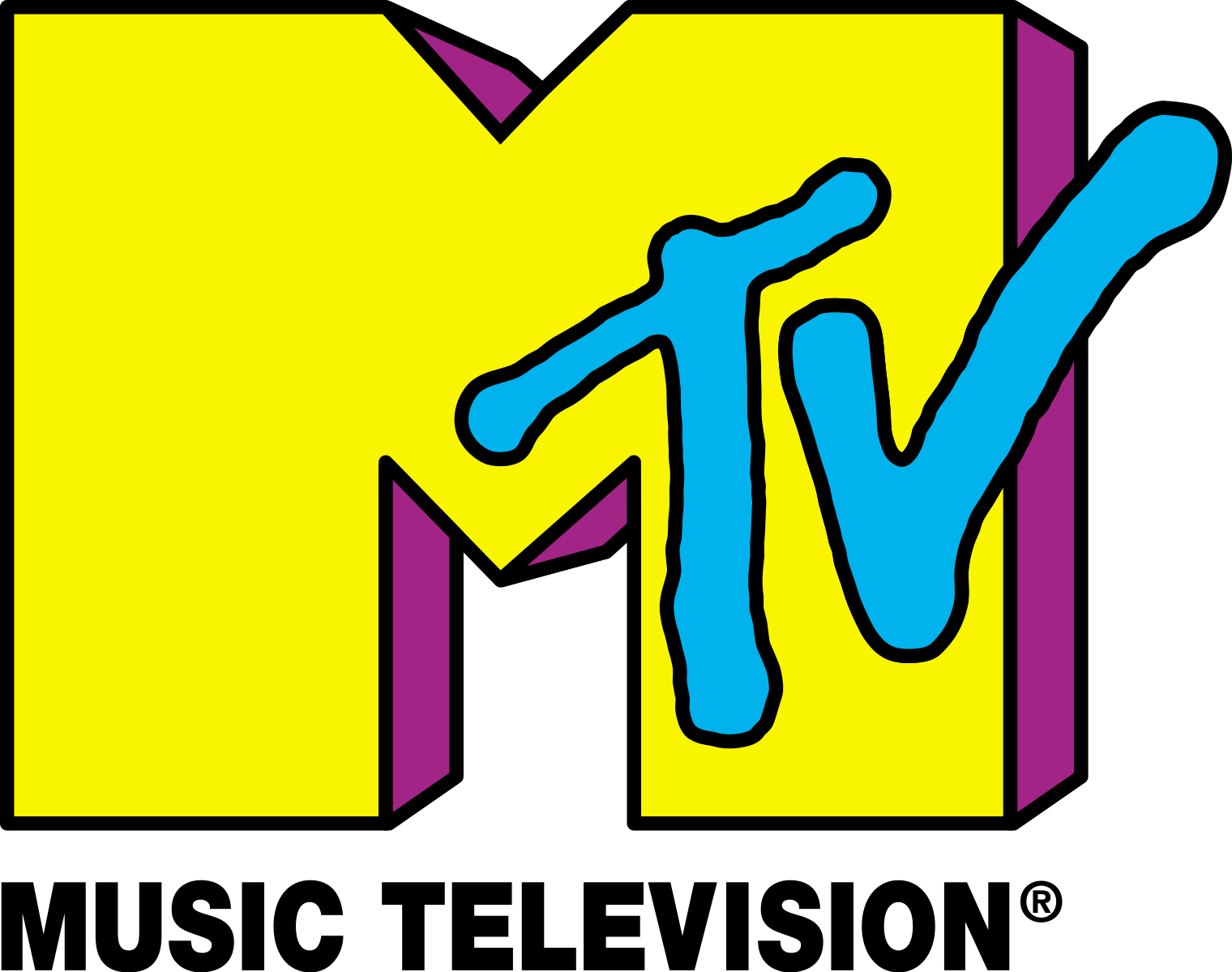
MTV 1981 Logo, Wiki Commons
Gen Z embodies a new frontier of digital natives, positioned to reshape the world in profound ways. Their intrinsic connection to technology, activism on global issues, and distinctive attitudes towards education, work, and entrepreneurship set them apart as the strongest and freshest agents of change in our world.
Gen Z’s relationship to technology is inseparable from their identity. Growing up with smartphones, social media and instant access to information, they possess a natural fluency in the digital realms. Gen Z’s are some of the most self-deterministic people we have seen and express a remarkable commitment for activism on global issues. Amplified by the power of social media, Gen Z has rallied around causes ranging from climate change and to racial justice and LGBTQIA+ rights with fierce commitment and an uncompromising rejection of the constraints imposed by older generations.
The evolving landscape of work sees Gen Z demanding diversity, inclusivity, and workplace environments that prioritise mental health and work-life balance, even more so than their elder Millennials. While Millennials were some of the first to normalise freelancing and ‘creative’ careers, Gen Z’s are reaping the benefits of this through a myriad of expressive roles in social media, fashion, art and so on. Also, this generation’s aspiration for authenticity has had major influences on brand perceptions, driving companies to be socially conscious and transparent in their efforts to retain Gen Z as a consumer market.

